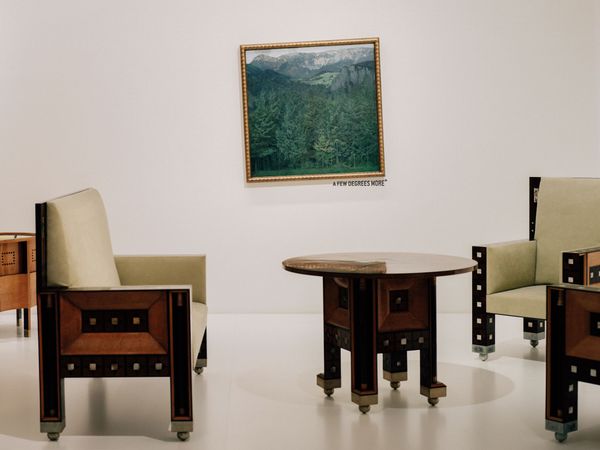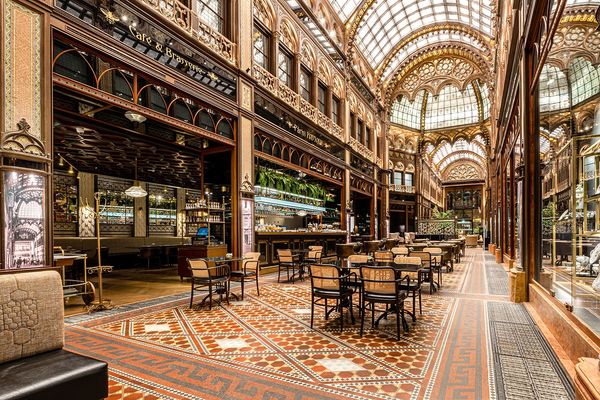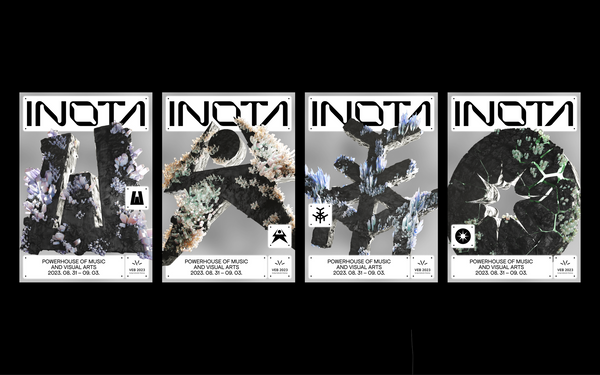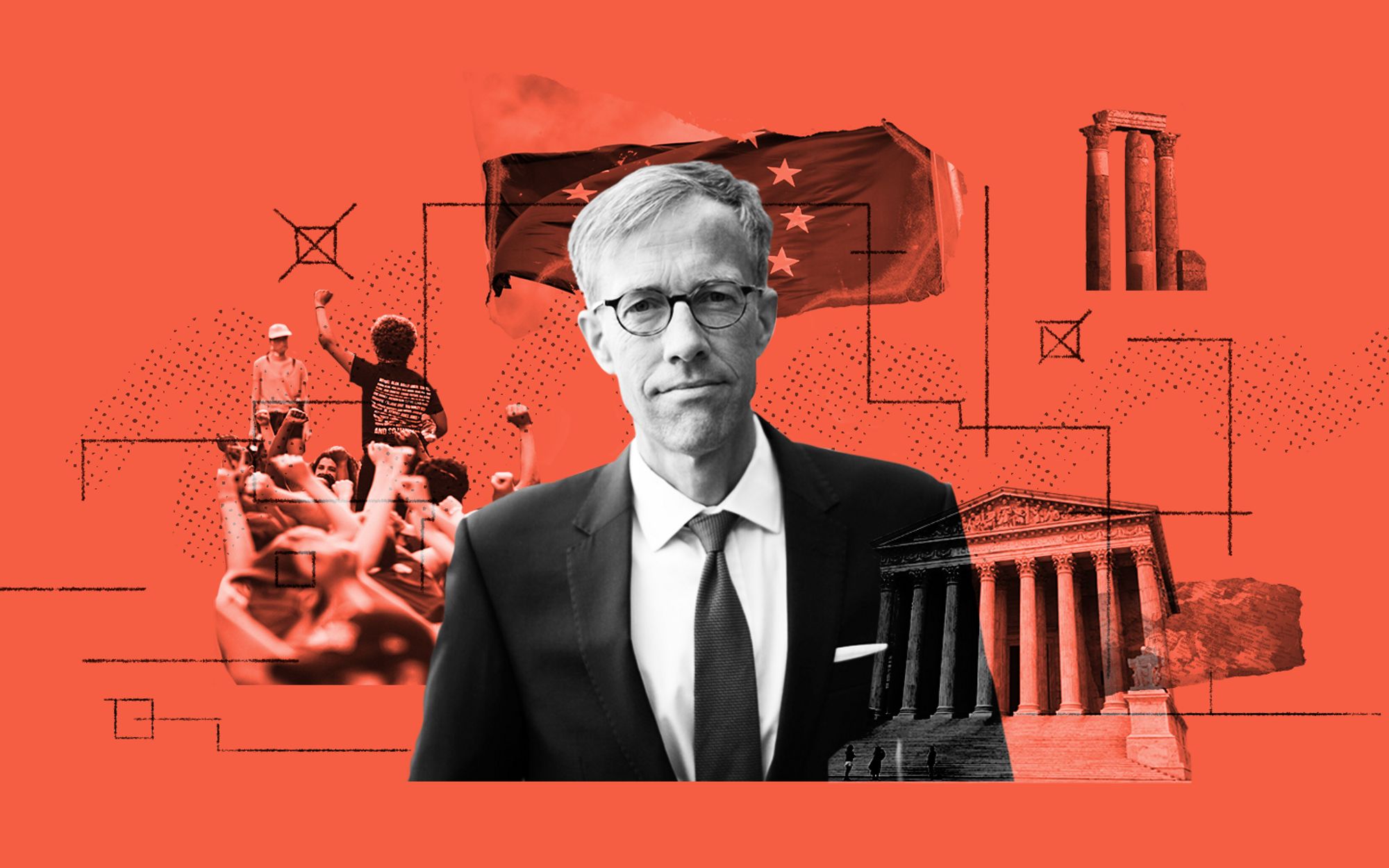Interview with Daniel Höltgen, representative of the Council of Europe, about human rights, democracy, and the rule of law in turbulent times of war, violation of law, and a shaking global order.
In 1949, the Council of Europe was created to defend and promote the rule of law, democracy, and human rights. Ukraine and Russia were both members, but a war broke out between the two countries. Russia left the organization without any obstacles or consequences. Do you see this as a setback?
The Council of Europe will celebrate its 75th anniversary next year. It was the first post-war Pan-European organization, but at the beginning, if you recall, the overarching aim was unity. Unity between and among the states of Europe. Of course, the main motive was that never again should there be a collapse of human rights and human dignity as in the Second World War. It was the starting point of the Council of Europe. If you ask me today, I say the Council of Europe is a success story; I will say it because the European Convention on Human Rights is unique. It translates the fundamental rights, the universal human rights of the UN Charter, into a legally binding structure in Europe which is unique in the world. I think it has contributed significantly to the good relations between European states and, of course, also, in the end, led to the EU enlargement because, for a long time, Eastern European countries were in the Council of Europe before they were able to join the European Union. It functioned as a screening, a monitoring procedure, and our biggest success story is the contribution to Europe’s larger integration and unity. However, of course, our framework with clear standards also means that we must conclude that Russia violated the European Convention and, therefore, Moscow was expelled from the organization.
The Russian narrative is that Moscow left the organization.
It is not true; Moscow was expelled from the organization in two steps: First, Russia was stripped of its rights of representation in the organization, and then a month later, it was expelled from the organization, and that is a new situation: we have expelled the biggest member state with the largest population, 140 million citizens, and this naturally means a reorientation. We must come to terms with that and focus on the future.
What does that mean?
We have now set a goal for the 16th and 17th of May to have a meaningful Council of Europe summit, only the fourth summit in the organization’s history, where we will discuss how to support Ukraine, the new challenges to human rights, and, most importantly, how the Council of Europe can be an early warning mechanism that anomalies like in Russia don’t happen again.

Russia was kicked out of the organization, but as the Council of Europe is an international organization, a functioning platform, it would have been helpful to settle down the conflict within it.
This is absolutely right, and this was the reason why Russia remained a member of the organization after the annexation of Crimea. There were so many attempts to talk with Moscow. I accompanied the former Secretary General on his visit to Vladimir Putin, and there we discussed how Russia could be more constructive again. Russia stopped paying its fees to the Council of Europe because, in the Parliamentary Assembly, Russia was suspended from voting rights after the illegal annexation of Crimea. In our organization, if a member state doesn't pay the contributions for two years, the Committee of Ministers has to take a decision, potentially leading to expulsion. Many talks were held, many appeals were made to Russia, and in the end, we found a compromise as Russia stayed in the organization and started to pay its contributions again. Nothing happened in Crimea, and then the invasion of Ukraine came, which made it clear to the overwhelming majority of the Council of Europe that Russia had blatantly violated all statutes, which could not be tolerated. It was a difficult decision. Prior to that, we had always said that Moscow is violating standards, but there is a rationale to keep Russia in the organization as its 140 million citizens are still under the protection of the Convention, and if we take that away, the last resort where they could go to appeal to claim their rights will fall away. And this is, unfortunately, what happened. We are the only international organization that has expelled Russia, but it puts us into a new situation, and our attempts now are to support Ukraine.
Azerbaijan and Armenia are also members of the organization, yet they are at war with each other. Have you tried to mediate at any level between the two countries? I guess there's no problem with Azerbaijan in terms of fee payments…
I come back to the picture that you used earlier of being a platform for discussion and dialogue. We have regular reports about the situation there. The hope is still that there can be a solution at some stage, but it's clear that the Council of Europe is not the only one involved. So therefore, I would say we continue to be a platform, but there is no discussion about expelling any other countries at this stage.
This is all good, but is the Armenian or Azeri government serious about the Council of Europe? Or is it just an international organization in their eyes, which means little, especially in terms of obligations?
My knowledge is not deep enough to assess what the respective governments think, but I would say that both representations in Strasbourg are dedicated to the Council of Europe. The conflict appears regularly on the agenda of the committed ministers; we are talking, they are talking, and we have a role to play–I would say they are part of the family.

Protecting the rule of law is one of the objectives of the organization. The European Union institutions – the Commission and the Parliament – are also pursuing concerns against Poland and Hungary for presumed violations of the rule of law. Why does the Council of Europe not communicate more clearly on this issue?
In the case of Hungary, the positions of the different bodies of the Council of Europe are very clear and sometimes very positive. For example, recently, we have assessed that advances in fighting money laundering have been very good, and there's been much progress in Hungary. There are other areas where different bodies of the Council of Europe have indeed criticized Budapest. I can recall that during the Hungarian presidency there was a strong emphasis on interreligious dialogue and religious communities, which actually set the tone for later presidencies; it's part of our work again. We don't have a sanction mechanism, and I can't speak for the EU, but I wouldn't say we're silent. I would say that our reports speak the thoughtful language: sometimes it's more critical, sometimes it's positive, but the ultimate aim of this monitoring is to give the member states recommendations on how they can fulfill the standards. That was our core idea and not a mechanism of sanctions. There have also been specific requests to Poland, and we made judgments regarding Warsaw based on the European Convention.
The Istanbul Convention is one of the great achievements of the organization.
Yes, it is.
But it has not been a success in Central Europe: Hungary, the Czech Republic, and Slovakia have signed but not ratified it, while Poland has repeatedly criticized it and threatened to withdraw. The reasons are always the same: ideology-driven, the LGBTQ lobby, and questioning traditional gender roles. Are these allegations true?
In my opinion, the Istanbul Convention is about preventing violence against women and nothing else. I think all these other things you mentioned are not among the aims of the Istanbul Convention. The European Union is about to accede to the Istanbul Convention, which indicates success: it will bind all the EU countries to a large but not a full extent. Hopefully, this process will also make clear that this is only about preventing violence against women, and who can be against that? There are misconceptions about the Convention, which I try to clarify and explain with my colleagues, so there is a constructive dialogue on this topic. A former Secretary General always used to say: “you have to accept that some countries need more time to adapt. In Norway, for instance, back in the 1970s, homosexuality was still forbidden, and now the country is a champion for gay rights”. So, on the one hand, we have to be realistic in our expectations, but we should also keep explaining what this Convention is about.

Turkey withdrew from the Istanbul Convention in 2021. Is this a symbolic step or a complete politicization and failure of the Convention?
It’s deeply regrettable, and there must have been other reasons connected to Ankara’s decision. We need to work together all over Europe to prevent violence against women, and the Istanbul Convention does present the best tool we have at the moment, including monitoring.
Human Rights Watch and the European Stability Initiative have called on the Council of Europe to undertake concrete actions to show that it is willing and able to return to its “original mission to protect and ensure human rights.” In October 2022, a new and different Pan-European meeting of 44 states was held as the “inaugural summit of the European Political Community (EPC),” a new forum primarily organized by French President Emmanuel Macron. Parallel universes?
It became apparent that these two formats are complementary. The EPC deals with the immediate economic, energy-related, military-related, and strategic outcomes or impacts of Russia's aggression. It's flexible with frequent meetings: one has already happened, and three more are supposed to happen. Whereas our organization is a long-term, strategic one, and our summit is about how our organization can continue to unify the countries of the continent across common values and address new challenges to human rights, including challenges related to artificial intelligence, the environment, cross-border crime, and support to Ukraine. It is not the day-to-day work method, but we are looking forward to how we can also be an early warning mechanism to prevent countries from breaking away from international standards. So, it's a different format, a constructive coexistence.
Dr. Daniel Höltgen is the Director of Communications at the Council of Europe, holding this position since 2010. He has previously worked in senior positions for the German government and the European Union. Daniel has British and German citizenship. He holds a Ph.D. from the University of Cambridge and a journalism diploma from a Catholic school in Munich. He was invited to Budapest by MCC.
Graphics: Réka Pisla

A change of perspective: Vienna’s Leopold Museum warns of climate change with tilted images

It’s like dining in a museum—Párisi Passage offers a revamped menu










